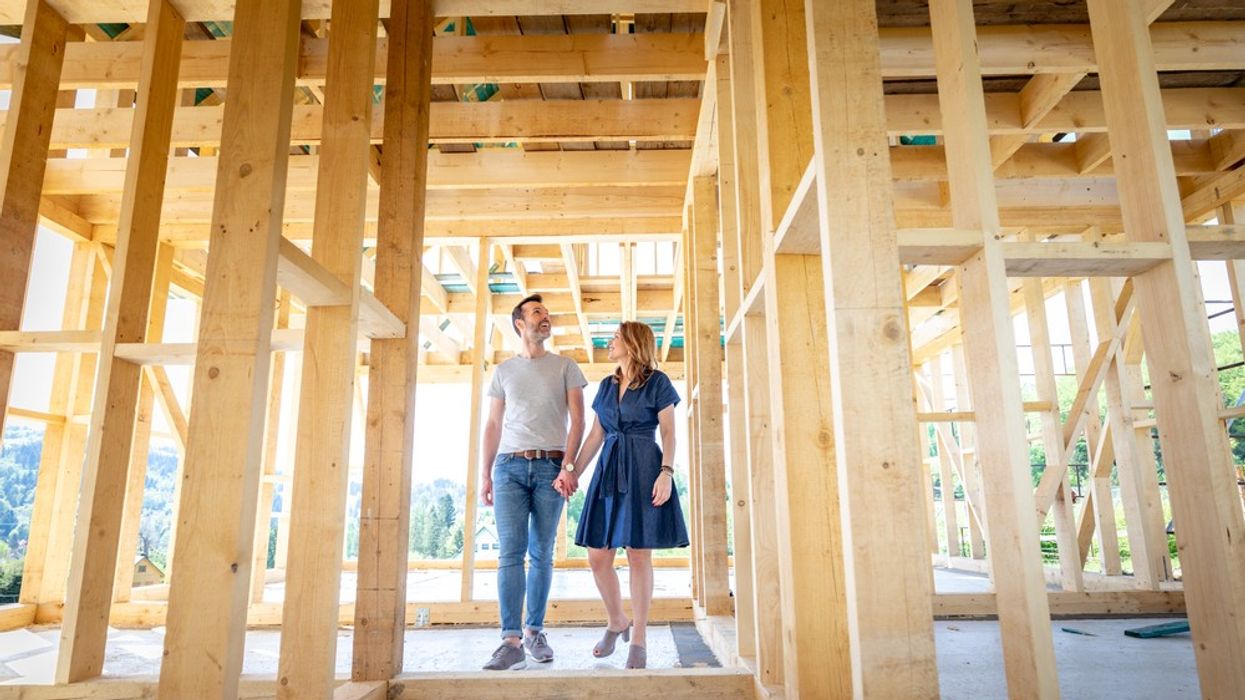Judging by the current state of housing supply and affordability, it is critical to keep our foot on the pedal and find innovative ways to speed-up construction of new homes and condos in our cities.
Sadly, though, we are heading in the wrong direction. National housing starts have slumped – at exactly the time we need more shovels in the ground – and the trend is expected to continue as a result of high interest rates, excessive red tape, and inefficient approvals process, along with outdated regulations in many municipalities and exorbitant taxes, fees, and levies.
To qualify for the average-priced home in Toronto, for example, it now takes a household income of $253,000 to $263,000. At that rate, it is no wonder that first-time homebuyers are priced out of the market.
Sadly, the Royal Bank of Canada estimates that less than 30% of Canadians have sufficient income to buy a single-family home. That figure drops to 10% in British Columbia. Generation Squeeze, a charitable think tank, figures a typical young person in Ontario needs to work for a whopping 22 years to save for a downpayment on an average home.
The gap is alarming and indicative of why it is so critical to take quick action to solve the problem.
A survey of 1,545 people by Globe & Mail personal finance columnist Rob Carrick last year showed that 52% were either furious or angry about housing affordability and almost 44% between the ages of 20 and 40 have given up on home ownership or feel it won’t happen. Just 19% said they’re convinced they’ll own a home at some point.
Jarringly, roughly 60 condo projects that were on track to launch in the Greater Toronto Hamilton Area are on hold indefinitely. The projects would have added some 21,505 new housing units.
There are some glimmers of hope, though. For example, the City of Toronto has made some moves to bring more housing on stream.
Recently, city council passed recommendations that included a provision whereby six-storey residential buildings with a maximum of 60 units can now be built on major roads as of right. This means developers will be able to build more townhomes and apartments along specific main streets without having to apply for rezoning. It will free up space on 31,000 lots in the city.
RESCON has long advocated for increased densification in Ontario municipalities. Before the change was made, townhomes and small residential buildings could only be built in specific areas.
The initiative dovetails nicely with an earlier gentle density move by Toronto council to allow single-family homes to be converted into duplexes, triplexes, and fourplexes in all low-rise residential areas. Garden and laneway suites were also legalized a few years ago.
While these are positive steps, it’s also critical that we address other major underlying problems that are stymieing the construction of new housing. Interest rates are expected to come down, which will help, but we have to get rid of the bureaucracy, taxes, and fees that are crippling the market and making it difficult for developers to build homes that people can afford.
Presently, we rank 34th out of 35 OECD countries in the average time it takes to get regulatory approval for a construction project. The process can add months, if not years, to any new building project.
Complex and complicated approvals processes, along with outdated planning regulations and systems, delay new home building and add to the cost which, in the end, is borne by homebuyers.
We need a modernized, streamlined, and digitized development approvals process like the one being piloted by One Ontario.
Taxes, fees, and levies on new housing must also be reduced in order to make homes more affordable. Presently they represent 31% of the cost of a new home. We are taxing housing like we do cigarettes and alcohol – which is very wrong – as housing is a need not a want. The feds should start by rebating the full HST on new home purchases to first-time buyers.
The housing crisis is taking a tremendous toll on our society and threatens more than just our economic future. It is exacting a profound social and psychological toll.
The social value cost attributed to housing unaffordability in the GTA is approximately 1.75 times greater than that of cancer, according to a study done by the Canadian Centre for Economic Analysis. In 2023 alone, the negative social value cost due to lack of housing was $37 billion.
People are literally getting physically sick as a result of the housing and affordability crisis. It is time for more urgent and serious action.





















